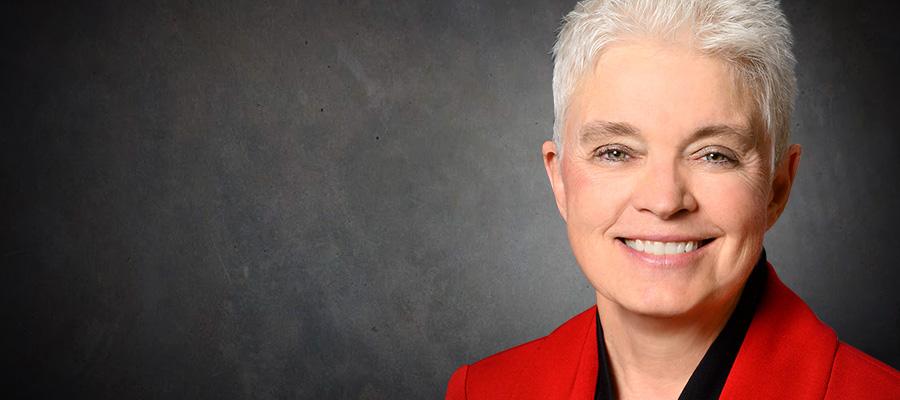Chair File: Stepping Up Support for Minorities’ Mental Health

COVID-19 has disproportionately affected communities of color throughout the nation, with minorities more likely to be infected and severely impacted by the virus. But its effect is more than physical.
The incidence of mental health and substance use disorders has increased dramatically during the pandemic, with Black, Indigenous, and people of color (BIPOC) populations experiencing great disparities in access to behavioral health services.
Social stigma surrounding therapy is a powerful factor keeping people from the treatment they need. Social determinants of health — such as income, neighborhood and lack of insurance — are also among the reasons racial and ethnic minority groups are much less likely to seek out and use mental health services.
July is Minority Mental Health Awareness Month (also known as BIPOC Mental Health Awareness Month). We must acknowledge that these inequities exist. And more importantly, recommit, each and every one of us, to eliminating disparities in access to behavioral health services.
Lives are at stake. Young BIPOC Americans under age 24, whether Black, Latinx or Asian, are at increased risk for suicide compared to their white peers. While roughly 1 in 5 of all adult Americans experience mental illness in a given year, Black Americans are 20% more likely to report serious psychological distress than white adults.
As we think about health disparities and racial inequities, we must do better to address BIPOC mental health as well. We can’t effectively advance access to care without addressing stigma and the promotion of cultural competency.
There is much to be done, both locally and nationally. The AHA has produced and shared a number of resources, and we’ll continue to highlight best practices from the field.
Mental and physical health go hand-in-hand. Increasing access to quality behavioral health support — especially for our BIPOC community members and families — is a critical component of our efforts to advance health in America.

